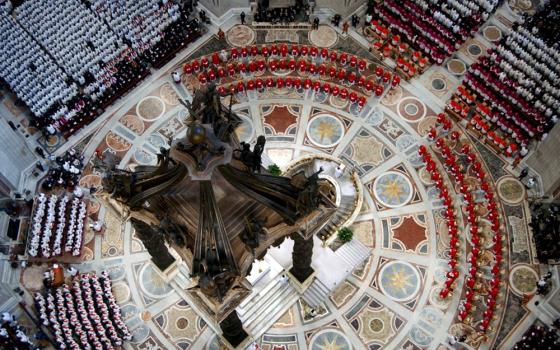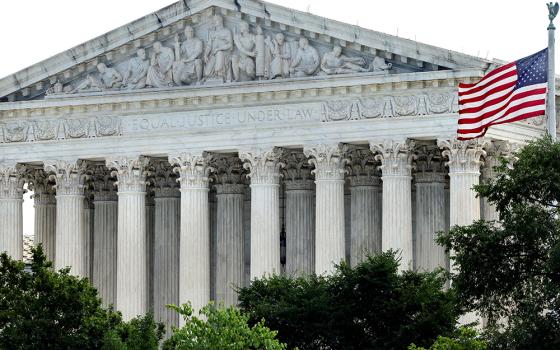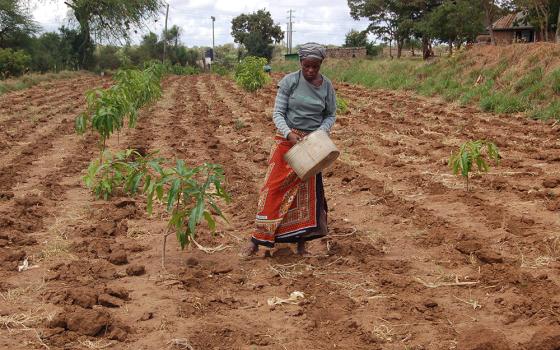This morning an errand took me to Baltimore and whenever I am there and have a spare moment, I try and stop by the tombs of the archbishops of Baltimore located in the crypt of the Basilica of the Assumption. My mentor in Church History, Msgr. John Tracy Ellis, wrote the definitive biography of Cardinal James Gibbons, and so I have always felt a special link to that great churchman. Today I prayed that he would intercede from above for his successors as they prepare to meet in San Antonio next week.
When I got home, I consulted the Rev. Gerald Fogarty, S.J.’s book The Vatican and the American Hierarchy from 1870 to 1965 which was already on my desk due to another assignment. I sought the correspondence between Ellis and Father John Courtney Murray, S.J. in 1953 when they were discussing the hesitancy with which the American bishops asserted the legitimacy of America’s constitutional system against the Roman theologians still clinging to out-dated theological notions about the ideal of Church-State union.
Here are the snippets that I recalled. Murray to Ellis: “The curious thing is that we no longer seem to have any American Catholic bishops like Carroll, England, Hughes, Ireland, et al. Now they are all Roman Catholic. You will rightly understand what I mean.” Ellis replied, “Something fine and bracing has gone out of the American Church and it is difficult to see how it can ever be regained.”
I hope that some of the bishops who actually admire President Obama, or at least understood why Notre Dame would be wrong to break its 40-year tradition of inviting the president to commencement, will find that “fine and bracing” quality in San Antonio and speak up. I hope that fear/concern/anxiety over what Roman officials think will not deter the bishops from speaking out when they find certain liturgical translations objectionable. Most of all, I hope that those bishops who wonder if Canon 915 was ever meant to be used to deny politicians communion because of their public policy positions will stand up and say that, however you interpret the canon (and whoever interprets it) denying communion to politicians is horrible theology.






